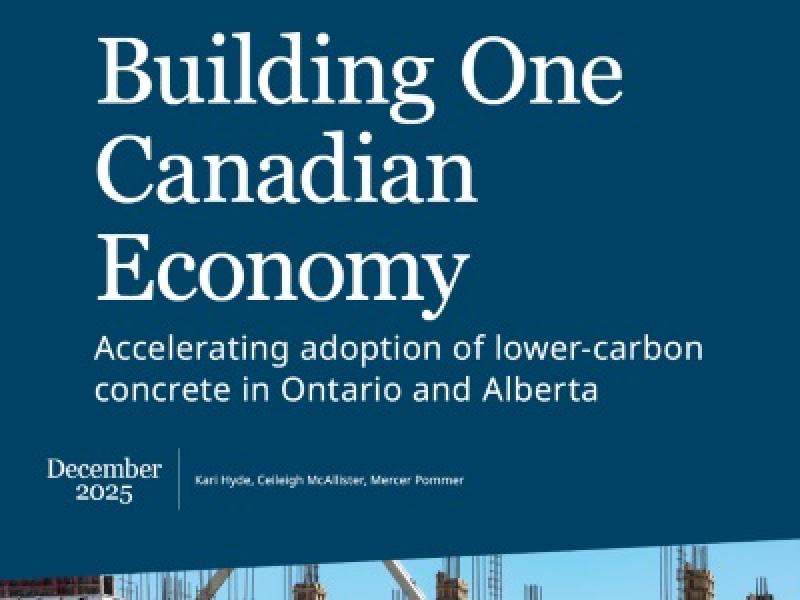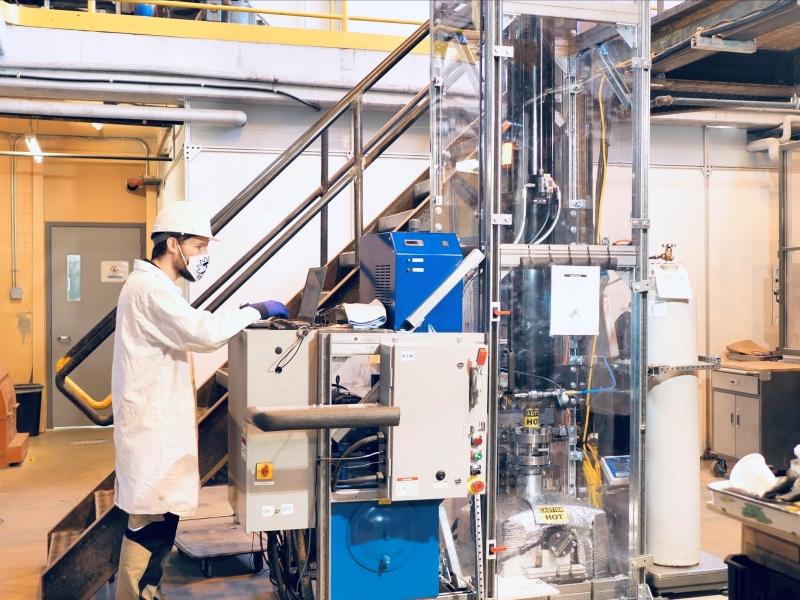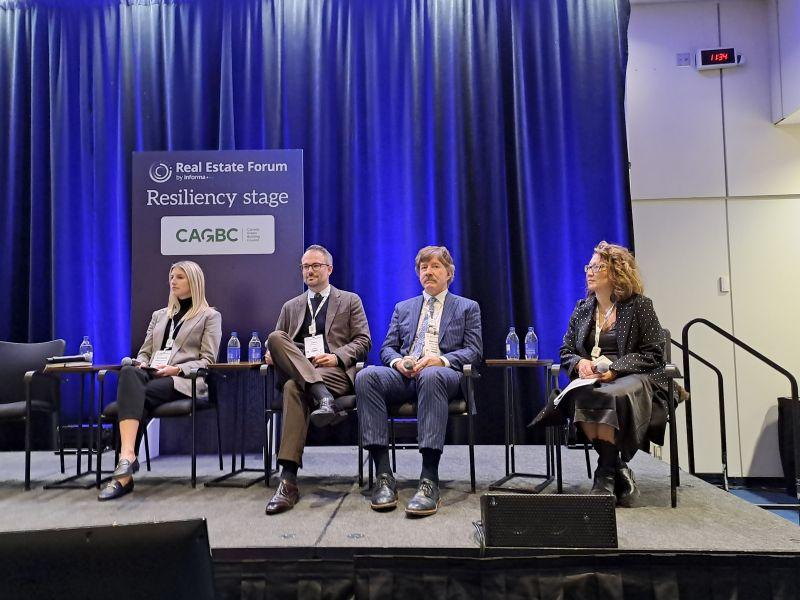
Montreal-based BrainBox AI is benefitting from access to tens of thousands more potential customers, plus additional resources for its under-construction artificial intelligence (AI) lab in the wake of its acquisition by Trane Technologies.
Trane, an HVAC and refrigeration equipment manufacturer based in Ireland, brought BrainBox into its fold in January, incorporating its suite of AI-powered technologies that improve energy efficiency in buildings. Trane is best known for its eponymous brand Trane, as well as the Thermo King line of products.
While BrainBox services have been deployed in over 14,000 buildings, which comprise over 100 million square feet of commercial real estate space, it was not advancing fast enough to make an impact on the climate, president Jean-Simon Venne said. Spurred on to accelerate its growth, BrainBox recognized it had to “stop just (doing) it by ourselves,” and “team up with a very large company with an extremely large consumer base.”
To “really claim that you’re saving the planet, you need to reach (a) much higher install base,” he said in an interview with Sustainable Biz Canada.
In its 2024 sustainability report, Trane said it products and services supported approximately 40,000 buildings — over two million pieces of equipment.
Now, BrainBox's offerings such as HVAC optimization and an AI building engineer named ARIA are offered as subscription services to Trane’s customers around the world. It means access to far more buildings, Venne explained, substantially scaling-up its business.
As business progresses, BrainBox is focused on further pushing the boundaries of what AI can offer. At the recently announced BrainBox AI Lab soon to open in Montreal, Venne said the company plans to research and develop better AI systems and products, while staying within the boundaries of ethical governance.
A smooth transition into Trane
The transition into Trane’s operations has been smooth, Venne said. The acquisition was “well-planned” in the fall of 2024, which made the process virtually seamless.
BrainBox’s technology is being integrated into Trane’s offerings to boost energy efficiency and reduce carbon emissions from buildings.
The company’s HVAC optimization technology uses AI to learn and predict building energy needs based on data such as weather forecasts and grid emissions. HVAC activity is adjusted automatically to reduce energy consumption up to 25 per cent and greenhouse gas emissions up to 40 per cent.
Clients include GWL Realty Advisors in Toronto, Sleep Country in Canada, and Dollar Tree in the U.S.
To further achieve efficiencies, the company developed ARIA (Artificial Responsive Intelligent Agent). Billed as a virtual building engineer, it is a generative, conversational AI that identifies problems and helps troubleshoot building control issues.
Since the acquisition, BrainBox has widened the reach of its platform by hundreds of buildings per week, not dozens, Venne said.
The company plans to launch more AI-driven products and the lab will play a “pivotal role” for BrainBox. It will “not only keep pushing what we already have in our technology, but create new ones that will be deployed into Trane business units,” Venne added.
The BrainBox AI Lab
Venne, who is also the head of the lab, said its purpose is to share ideas about AI, attract talent and stay ahead in the race for innovation. To this end it will be exploring the use of AI for energy management, turning ideas emerging from the research into products, and applying AI ethically.
One example: To help address the high energy consumption of training AI models and not defeat the purpose of the efficiencies, the lab could figure out how to teach the models using data drawn from the lowest computing cycles, while maintaining accurate forecasts.
“You’re basically building a more powerful AI that is itself consuming less energy, and that for us is a very important track as an example of where we want to push AI in a responsible way,” Venne said.
Office space for the lab is scheduled to open in spring 2026.
BrainBox is also receiving a manpower boost with Trane’s help. Instead of drawing only from BrainBox’s team, it is including Trane staff plus Montreal-based research partners IVADO and Mila.
Venne envisions a future where the AI agent embedded in a highrise building will “talk” to its counterpart at a utility on an energy optimization pathway. By doing so, a coal- or gas-powered generation plant might not need to be activated to support peak demand.
He said to expect more surprises from BrainBox: “We’re just starting.”










